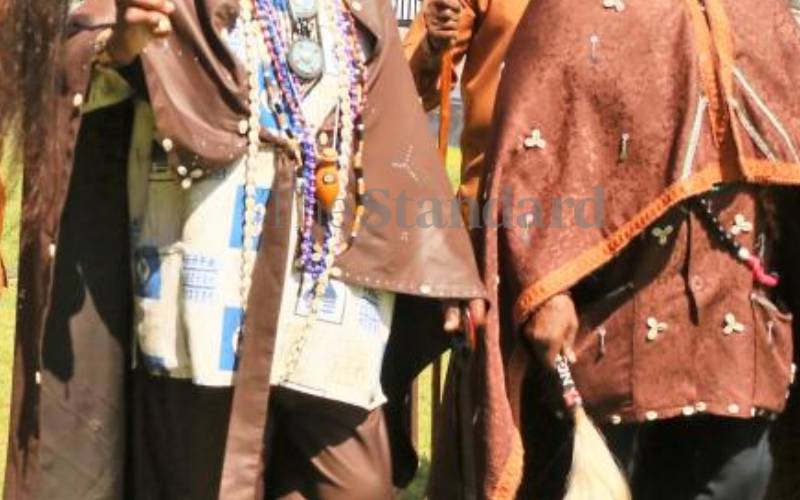×
The Standard e-Paper
Kenya’s Boldest Voice

Kikuyu elders at a past Mt. Kenya BBI forum in Meru. [Kibata Kihu, Standard]
Today, the political chessboard is all smiles, and so should every mundu wa nyumba. It’s fondling a strange thought that the Gikuyu, Embu, Meru Association (Gema) must scatter. Since chess masters always warn that we must avoid the crowd while thinking independently, so let the will of political heavens abide. The grind amongst Gema is candy for the growth of democracy. But why?